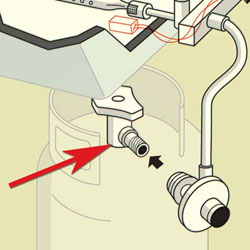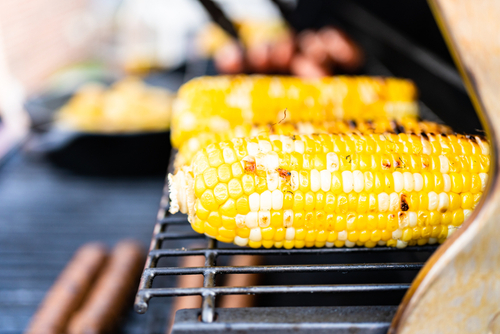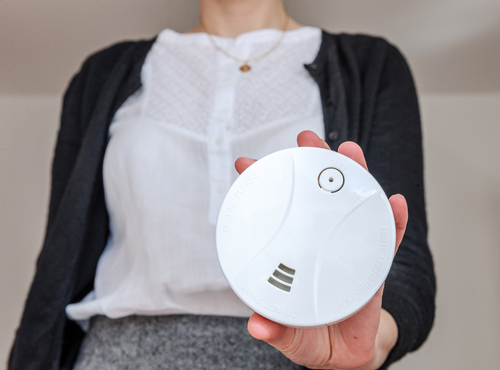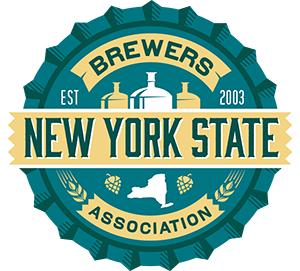If you’re an Irish Propane customer, you probably already know that propane is one of the most versatile and clean-burning fuels around, capable of powering just about any appliance or vehicle for your home or business – and almost always more effectively than electricity.
But what else do you know about this incredible gas?
Here are some interesting facts about propane – to learn even more, check out this video.
- Propane is one of the lightest hydrocarbons in existence, which makes it one of the cleanest burning of all fossil fuels.
- In its natural form, propane is nontoxic, colorless, and odorless; an odorant (which smells like rotten eggs) is added to make leaks easy to detect.
- Propane is 270 times more compact as a liquid than as a gas – which is why it is stored and transported as a liquid.
- Most domestic propane is a byproduct of natural gas processing; in fact, current U.S. propane supplies are abundant due in large part to an overall increase in natural gas production. Some propane is also produced from the crude oil refinement process. In combination with butane, propane accounts for between one and four percent of processed crude oil.
- About 90 percent of our domestic propane supply is produced right here at home. About three-quarters of the remaining domestic propane supply comes from Canada or Mexico.
- Propane is the only alternative fuel listed in the 1990 amendments to the Clean Air Act and the National Energy Policy Act of 1992; neither the process by which propane is produced nor the combustion of propane gas produces significant acid rain contaminants.
- Propane gas does not spill, pool, or leave a residue; this makes it harmless to soil or groundwater in the event of a leak.
- Propane furnaces and water heaters can reach efficiencies that exceed 95 percent. Propane clothes dryers dry more quickly while creating less static than electric units, saving you time and money and reducing wear and tear on your wardrobe. Propane cooking ranges offer precision temperature control – a key reasons why nearly 95 percent of professional chefs choose to cook with gas. Propane stoves also cost less to operate than their electric counterparts.
Propane – a high performance fuel for your home or business! Thinking about making the switch? Contact Irish Propane today to learn more about propane delivery in Rochester and Buffalo, NY.




